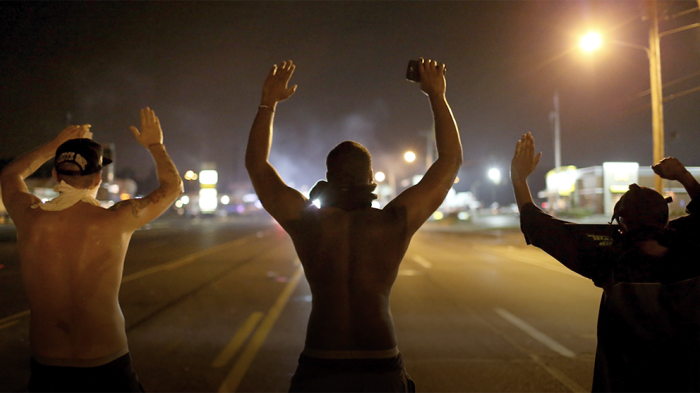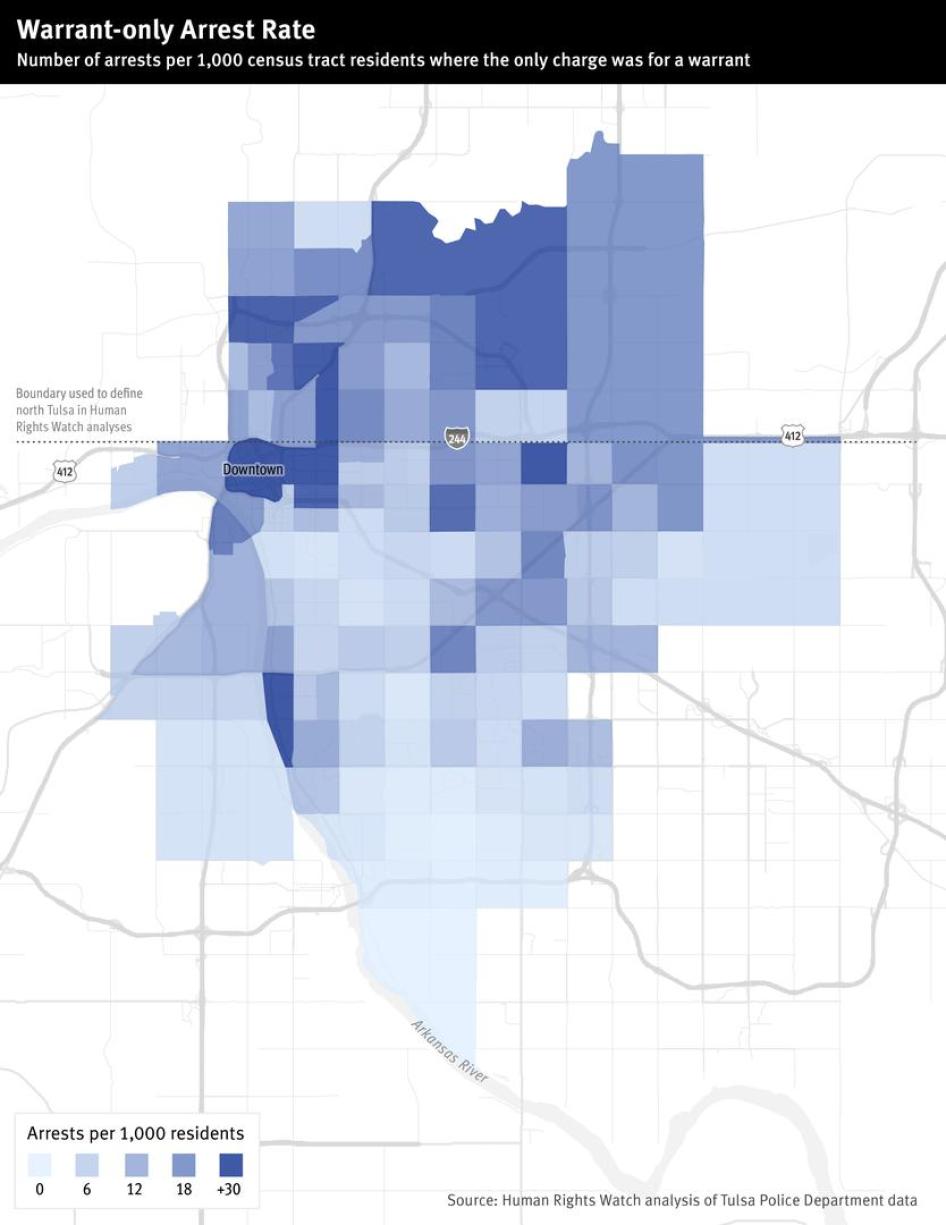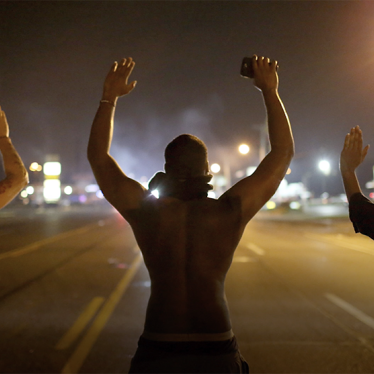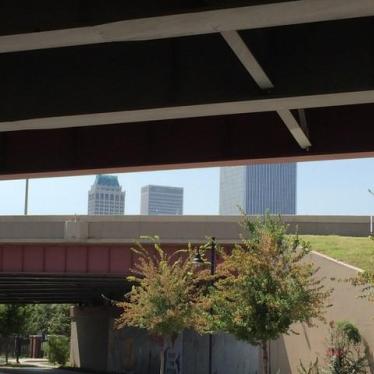Oppressive Court Debt
People who get arrested for alleged crimes or ticketed for infractions must go to court. At court, they are assessed various fines, fees, and court costs. Fines, paid to the court, are intended as punishment. Fees are used to pay for various government entities, like the Sheriff’s Department or the court clerk. Revenue generated from court costs helps to pay for court administration. Additionally, courts often order people placed on probation to pay $40 per month in “supervision fees” to the prosecutor.
The district attorneys who prosecute the cases and the judges who impose the fees are funded by the very fees they impose and collect. Unlike regular debt, failure to pay can result in imprisonment.
Although the court is supposed to determine a person’s ability to pay, in practice, people are assessed well over what they can afford. People who do not pay may have their cases sent to a private collection agency, which may add an additional 30 percent. The amounts owed to the courts can run into the thousands and increase if people do not make payments. Poor neighborhoods and those where more black people live have disproportionate court debt. In one North Tulsa zip code with a 57.2 percent black population and 38.5 percent poverty rate, the debt owed was $590 per adult, according to Oklahoma Policy Institute based on data from 2011 to 2016.
A Vicious Cycle
A former Tulsa police officer told Human Rights Watch that an officer responsible for training other officers wrote a lot of traffic tickets and called them “warrant applications,” because poor people in Tulsa would not be able to pay them, the courts would issue arrest warrants, and police could then arrest the person ticketed.
Judges issue arrest warrants for people who cannot pay their court debt. Those warrants allow police to stop, search, and arrest people without needing another reason. Once arrested, the debt amount often increases. The person stays in jail, unless they can pay bail. Arrested people may lose their jobs, be unable to pay rent, lose their ability to care for family members, among other negative consequences.
After release, the person has additional debt. If they cannot pay, the court issues another warrant and the police arrest again, adding even more debt and disruption to the person’s life.
It becomes a vicious cycle of arrest, debt, warrant, arrest, debt, warrant, arrest.
Even the Tulsa County district attorney called it “immoral” to have his office funded through the collection of fees from people they prosecute, but half of prosecutors’ budgets in Oklahoma come from these fees. The former Tulsa public defender described the debt as a “life sentence.”
A Pervasive Problem
Just under 40 percent of all Tulsa Police Department arrests are for warrants, based on data from 2012 to 2017. The Tulsa Police Department data did not say how many of these warrants were for “failure to pay.” However, “court costs” is the third most common booking charge at the Tulsa County Jail for Tulsa Police arrestees, indicating that the number of arrests for court debt is high. Estimates of the numbers of “failure to pay” warrants are in the tens of thousands.
Human Rights Watch mapped the location of warrant-only arrests and found them strongly concentrated in Downtown Tulsa and in neighborhoods where black people and poor people live. Tulsa Police arrest black people for warrants at a rate 2.6 times greater than the rate at which they arrest white people for warrants.
A National Problem
Tulsans are not alone in facing oppressive criminal court debt. It is a common problem in jurisdictions across the country. The US Commission on Civil Rights found in 2017 that many jurisdictions across the country used court fines, fees, and costs to fund government. They found that it often led to abusive policing practices, unrelated to improving public safety, and that the impact fell most profoundly on communities of color and on poor people.
What can we do about the problem?
- Oklahoma, its counties, and court systems can stop funding themselves through the fees and costs imposed on poor people who go through the court system.
- Tulsa courts can diligently conduct “ability to pay” hearings prior to sentencing and not after a missing payment, and can expand the “cost docket” where individuals can seek to lower their payments or substitute them with community service, to reduce debt from people who have already been assessed.
- Tulsa Police can establish a system to determine if warrants are for “failure to pay,” and have officers issue summonses to the cost docket instead of making arrests.











